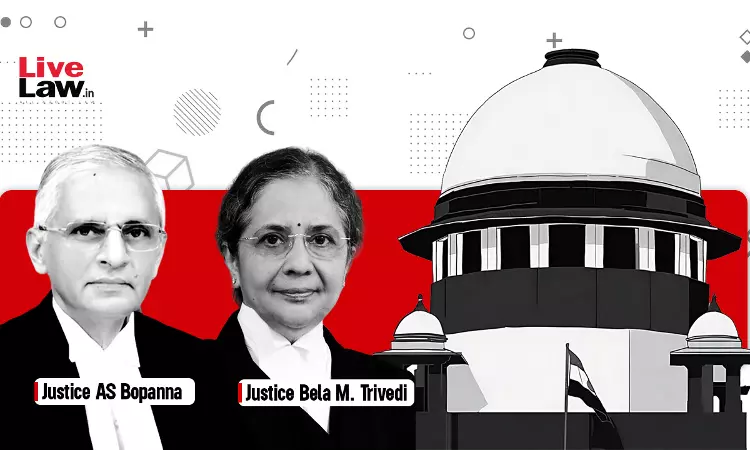Observations made by a coordinate bench about a judgment cannot be a ground to review it, said the Supreme Court while dismissing review petitions filed against the 2022 judgment in State Tax Officer v. Rainbow Papers Ltd 2022 LiveLaw (SC) 743.In Rainbow Papers, a bench comprising Justices Indira Banerjee (since retired) and AS Bopanna held that a resolution plan under the Insolvency...

